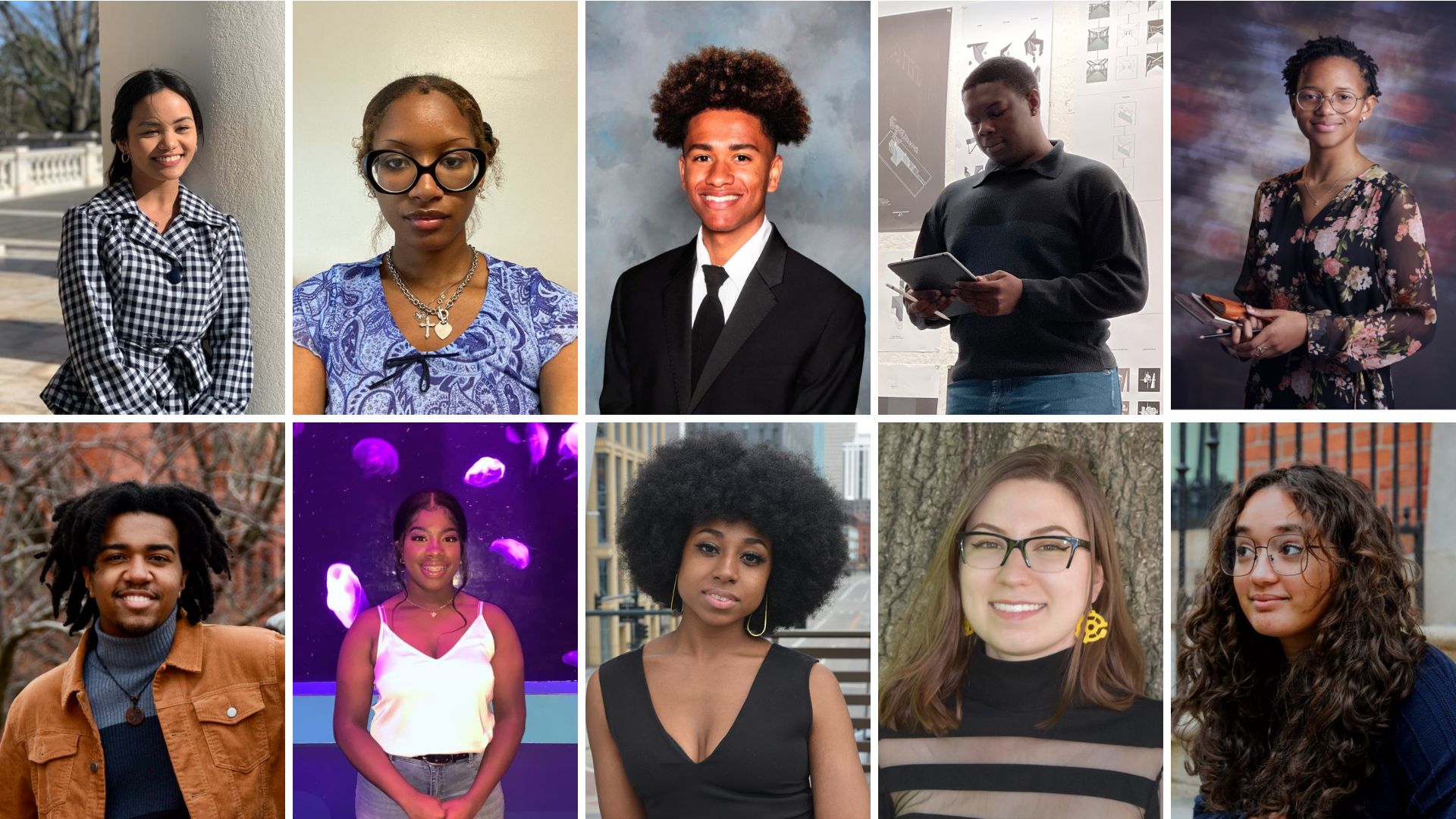Fireclay Tile Diversity Advancement Scholarship Fundraiser
Fireclay Tile has partnered with the Architects Foundation for a 3rd year to sponsor a Diversity Advancement Scholarship for Black women pursuing architecture. This year, Fireclay is aiming to raise $75,000. Fireclay has committed to donating $25,000, and we invite you to help us reach our goal to support the education of three future architects! Learn … Continue reading Fireclay Tile Diversity Advancement Scholarship Fundraiser

